Most people will never see 500 films in their lifetime. Ennio Morricone is said to have scored that many in his long life, which just for the purpose of geeking out over a prolific output is even more remarkable when you consider he didn’t notch his first official sole-composer credit until 1961’s Il Federale (The Fascist) — at which point he was in his early thirties. 55 years later, his final score for La Corrispondenza (The Correspondence) concluded one of the most eclectic, experimental, fascinating bodies of work in the history of recorded sound. Throughout radically and constantly changing times for both film and music, Morricone was always reliable for the kind of soundtrack work that added as much to a film as any writing, casting, directing, or editing decision: not just to evoke a mood or set a scene, but to express in music something as integral to a film’s spirit as any visual part of it.
Morricone’s work came in phases, though often they were associated with a movie’s genre rather than any particular musical movement: his sweeping-vista epiphanies for spaghetti Westerns, the tightening-torniquet suspense of his giallo thriller collaborations, the freak-beat jazz and rock flourishes he brought to crime films, and eventually the epic orchestrations that would result in some of the most astonishing prestige-film scores of ’70s and ’80s Hollywood. There were few genres he didn’t dabble in — even Bond-parodying spy farces like Agent Double 007 and Batman-tinged ’60s whizbang comic adaptations like Danger Diabolik, films otherwise risible or goofy enough to earn the Mystery Science Theater 3000 treatment yet still scored like they meant the world to at least one viewer.
Sometimes it seems like there’s an enigmatic unrealness to his music, a hauntingly familiar through-line of fingerprints that come from a particularly adventurous, seen-it-all experience that knows just how to accent or counterpoint the goings-on in a film. Even his more absurd moments can be run through with melodies and arrangements that strike a particularly taut nerve of romance or spirituality, and do so with a catchiness that’s both unsubtle and difficult to imitate. Yet while there are plenty of individual selections that point to Morricone’s genius — many of the best have been assembled on compilations like the 2005 Mike Patton-curated Crime and Dissonance, not to mention given miraculous new shape by avant-garde composers like John Zorn on 1984’s The Big Gundown — it’s most worthwhile hearing him create thematic masterpieces in the original context of a self-contained complete soundtrack. Here are twenty of his most notable ones, all of which are stunning with or without the visuals.

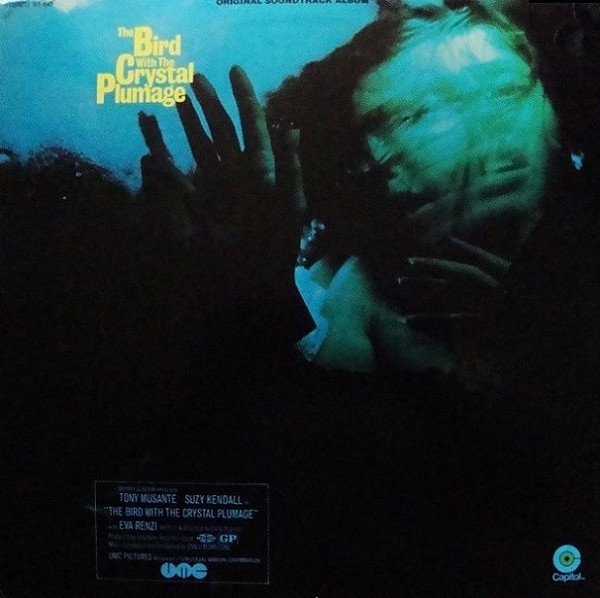
![The Good, the Bad and the Ugly [Original Soundtrack] cover](https://images.theshfl.com/5694300104949760_600.jpg)
![Indagine su un Cittadino al di sopra di ogni Sospetto (Investigation of a Citizen Above Suspicion) [Original Soundtrack] cover](https://images.theshfl.com/6193487887204352_v1_600.jpg)
![The Mission [Original Soundtrack] cover](https://images.theshfl.com/5707344927260672_v1_600.jpg)
![Once Upon a Time in the West [Original Soundtrack] cover](https://images.theshfl.com/5007355116781568_v1_600.jpg)
![Novecento (1900) [Original Soundtrack] cover](https://images.theshfl.com/4773279641370624_v1_600.jpg)
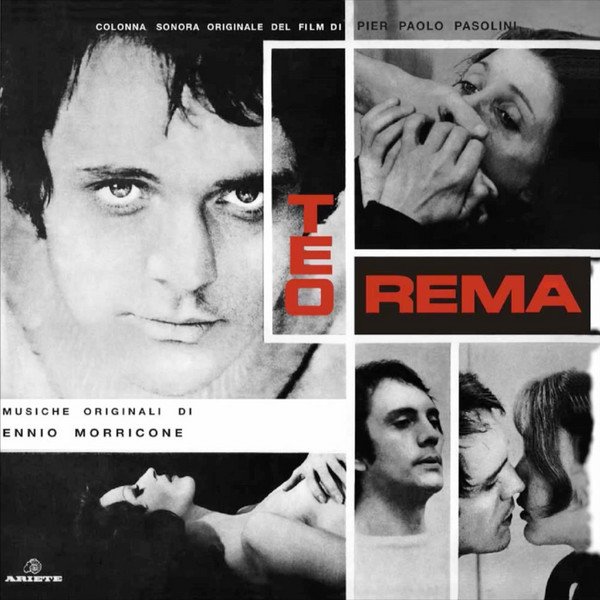
![Giù La Testa (Duck, You Sucker!) [Original Soundtrack] cover](https://images.theshfl.com/5435988733067264_600.jpg)
![Milano Odia: La Polizia Non Può Sparare [Original Soundtrack] cover](https://images.theshfl.com/5406496132169728_600.jpg)
![The Hateful Eight [Original Soundtrack] cover](https://images.theshfl.com/4885062352896000_600.jpg)
![Città Violenta [Original Soundtrack] cover](https://images.theshfl.com/5632544824360960_600.jpg)
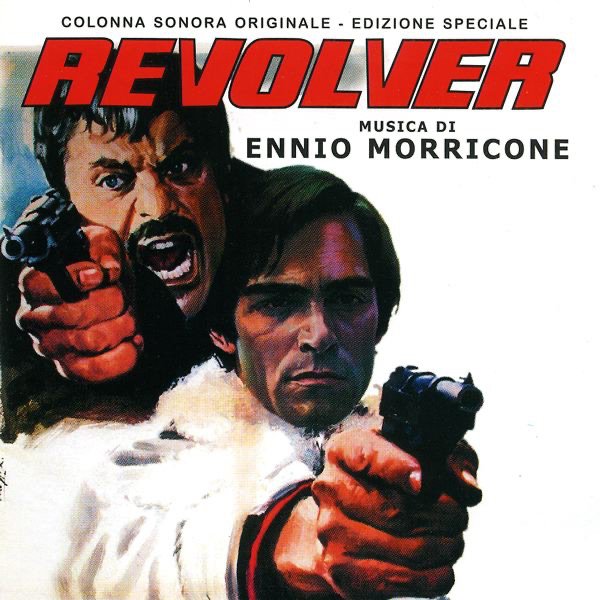
![Il Grande Silenzio [Original Motion Picture Soundtrack] cover](https://images.theshfl.com/4814628969250816_v1_600.jpg)
![Vergogna Schifosi [Original Soundtrack] cover](https://images.theshfl.com/4879330504081408_600.jpg)
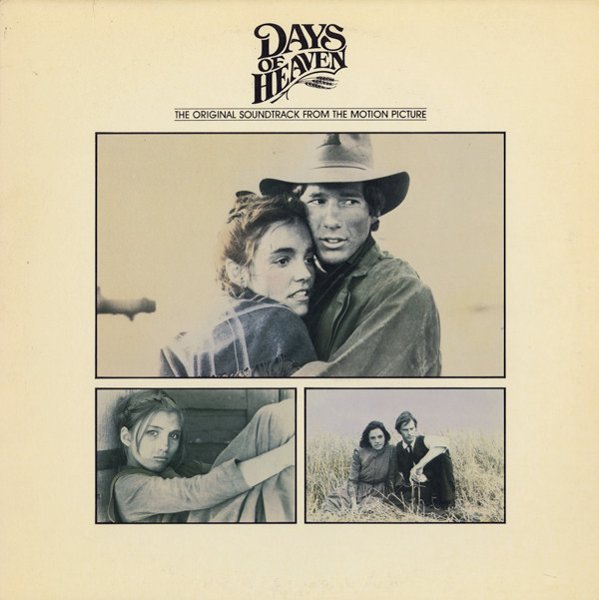
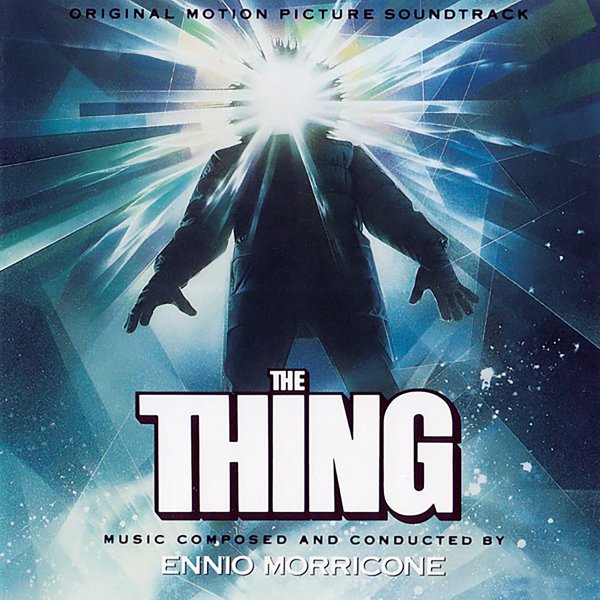
![Per un pugno di dollari (A Fistful of Dollars) [Original Soundtrack] cover](https://images.theshfl.com/4643725308329984_600.jpg)
![Once Upon a Time in America [Original Soundtrack] cover](https://images.theshfl.com/4851740103933952_v1_600.jpg)
![Cinema Paradiso [Original Soundtrack] cover](https://images.theshfl.com/6002966090743808_600.jpg)
![Queimada (Burn!) [Original Soundtrack] cover](https://images.theshfl.com/5899179548213248_v2_600.jpg)